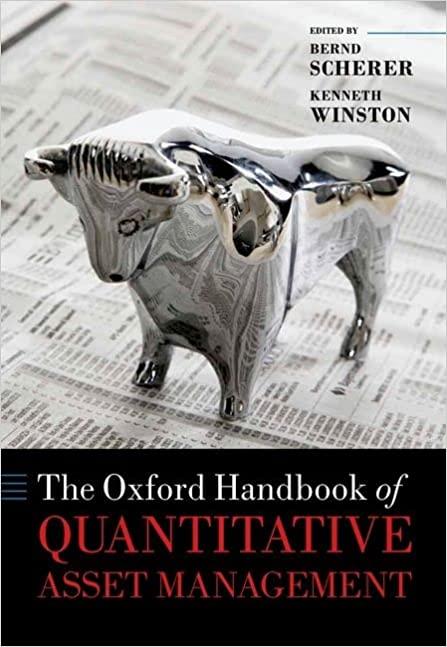PLEASE HELP! TIA

Choco Cookie Company sells on terms of 1/15 net 30. The company's management is concerned that its investment in accounts receivable is unintentionally growing due to its customers' late payments, called "arrearages." In anticipation of being asked about this by the company treasurer, Alyssa collected a sample of accounts receivable information. The sample represents 25% of the company's accounts receivable outstanding. Assist Alyssa by organizing the data into an aging schedule using the categories shown. Then calculate the volume of accounts receivable outstanding and the percentage of total receivables outstanding in each category to complete the statements that follow. Account Number Invoice Date Amount Due 2667 September 30 $321.80 1816 August 12 1,444.70 2083 November 8 315.60 2748 October 23 358.40 2796 November 5 472.80 1503 October 3 454.30 1539 September 25 3,933.80 2783 August 27 2,306.75 2522 September 14 1,068.50 1659 July 20 548.75 Total: $11,225.40 Choco Cookie Company Aging Schedule, November 30 Days Late Period Arrearage Cumulative Arrearage 1-30 days $788.40 $788.40 31-60 days 1,601.10 61-90 days 91+ days 11,225.40 An aging schedule provides insights into the condition of a firm's accounts receivable. In this case, using the preceding sample data, the percentage of receivables that are 61-90 days and 91+ days late are and , respectively. This has the potential to be a receivables and working capital management problem for Choco, because it means that the total dollar value for all of its accounts receivable that are more than 31 days late is (Remember, the preceding sample data represents 25% of Choco's total volume of accounts receivable.) Choco Cookie Company sells on terms of 1/15 net 30. The company's management is concerned that its investment in accounts receivable is unintentionally growing due to its customers' late payments, called "arrearages." In anticipation of being asked about this by the company treasurer, Alyssa collected a sample of accounts receivable information. The sample represents 25% of the company's accounts receivable outstanding. Assist Alyssa by organizing the data into an aging schedule using the categories shown. Then calculate the volume of accounts receivable outstanding and the percentage of total receivables outstanding in each category to complete the statements that follow. Account Number Invoice Date Amount Due 2667 September 30 $321.80 1816 August 12 1,444.70 2083 November 8 315.60 2748 October 23 358.40 2796 November 5 472.80 1503 October 3 454.30 1539 September 25 3,933.80 2783 August 27 2,306.75 2522 September 14 1,068.50 1659 July 20 548.75 Total: $11,225.40 Choco Cookie Company Aging Schedule, November 30 Days Late Period Arrearage Cumulative Arrearage 1-30 days $788.40 $788.40 31-60 days 1,601.10 61-90 days 91+ days 11,225.40 An aging schedule provides insights into the condition of a firm's accounts receivable. In this case, using the preceding sample data, the percentage of receivables that are 61-90 days and 91+ days late are and , respectively. This has the potential to be a receivables and working capital management problem for Choco, because it means that the total dollar value for all of its accounts receivable that are more than 31 days late is (Remember, the preceding sample data represents 25% of Choco's total volume of accounts receivable.)








